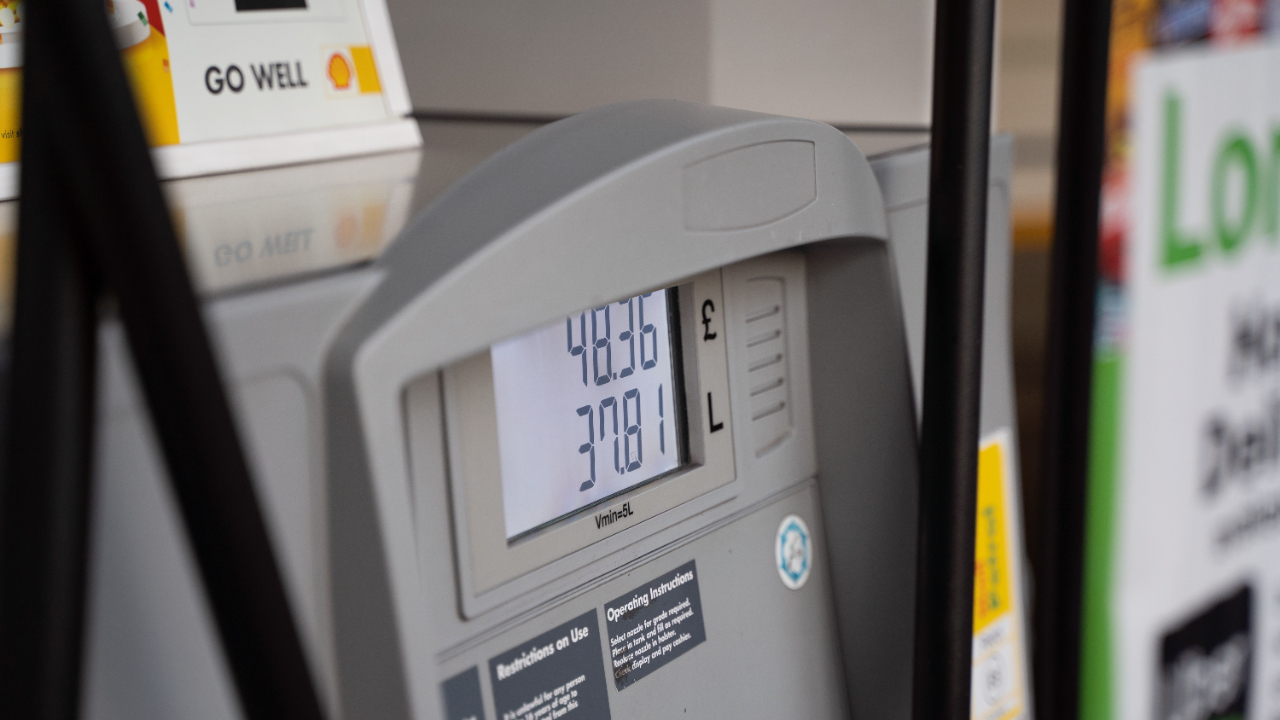
Investing in Real Estate During Inflation: A Guide for Investors
Apr 28, 2023Inflation is always a hot topic for investors, so today, we're going to be talking all about inflation. Inflation can have a big impact on the overall economy and on your wallet, but what about real estate? Does real estate generally benefit from inflation? Let's take a look at residential and commercial real estate to get a better understanding of the effects of inflation on the real estate market.
Understanding the Effects of Inflation on Real Estate
To begin, let’s look at how inflation affects real estate. According to consistent data dating back to 1995, as inflation has picked up, so has the net operating income of real estate assets. This tends to happen very quickly when inflation is on the rise, and other asset classes are affected differently. What this means is that not all real estate deals are winners just because of inflation, as it has different effects on consumers.
It's important to understand how the future is being affected in an inflationary environment. You want to get an understanding of the rental rate growth runway and how revenue drivers are being affected by inflation. These drivers are not all the same and are being affected very differently.
Rising inflation usually correlates with rising interest rates, which can have a big effect on overall capital markets. This, in turn, can have a big effect on the way that assets are traded in the market and the funding needed to purchase those assets.
While there's a lot going on here, the truth is that we don't know all the answers. All we can do is look at the correlation and try to understand the drivers to make sure that our investing strategy in real estate is successful in a highly inflationary environment.
The Inflation Perfect Storm
Since early 2021, we have seen inflation gradually start to build and then ultimately explode. While we had contractions in the market, the government came in and fueled the markets with cheap, easy money. This money is still in the economy, and more money from outside the United States is pouring in. This is a perfect storm for inflation.
Housing and Inflation
Housing is one area where we can see a strong correlation between inflation and real estate. However, something changed after 2009. Inflation has had a much larger impact on housing prices, which have far and beyond outperformed that inflation rate.
This was largely driven by the contraction in market supply after the 2008 housing crash. Banks stopped lending on homes, and everyone stopped building homes for years. As the government continued to pour money into the economy and more people had access to capital, more people wanted to buy homes. The result was an explosion in housing prices that we're still seeing today.
Residential Real Estate: A Seller's Market
As stated, residential real estate has far outperformed the inflation rate in recent years. This led to a massive surge in demand, particularly from millennials who had access to cheap money. This outcome, coupled with the explosion of housing prices discussed earlier, has resulted in a seller's market. Residential real estate markets are high, and more people are willing to spend money than we've seen since the 2008 housing market crash. This creates a huge opportunity for investors to use inflation as a tool in creating wealth.
Investors should be aware that the residential real estate market is very sensitive to any change in interest rates associated with mortgage loans. It's important to focus on the revenue of the asset you're investing in and what inflation is doing to the customers or the individuals that are actually paying the bills.
Commercial Real Estate: A Mixed Bag
Inflation's effect on overall commercial real estate can be challenging to understand right now. The coronavirus pandemic has devastated some assets, like hotels, which saw occupancy rates drop to zero in days. However, as things started to unfreeze, the price of labor and food started to rise dramatically. This caused a direct correlation with hotels, and rent and services increased. Investors should focus on the revenue of the asset and what inflation is doing to the customers, especially in the service industry.
Office and retail have also been hurt by lockdowns and struggled to come back. As economies open up, we expect to see demand grow. However, industrial and self-storage have exploded in demand and rental rate growth. Investors should look at the underlying economic drivers of the revenue behind the asset and focus on the customer, replacement cost, and demand when investing.
Investing in Real Estate During Inflation
Investors should focus on the revenue of the asset they are investing in and what inflation is doing to the customers or individuals paying the bills. It's important to look at the underlying economic drivers of the revenue behind the asset and to focus on the customer, replacement cost, and demand when investing. Inflation can limit new supply, creating demand in some sectors, while other sectors are ignored, and investors flee.
As an investor, it's important to be smart about investing during inflation. You can’t just focus on losing money to inflation and try to put your money to work. Instead, focus on the revenue of the asset and what inflation is doing to the customers or individuals paying the bills.
Inflation can have a significant impact on the real estate market, but its effects vary depending on the asset class. While residential real estate has outperformed inflation in recent years, commercial real estate has been a mixed bag due to the pandemic's impact.
Understanding the underlying economic drivers of revenue and focusing on customers, replacement cost, and demand is crucial when investing in real estate during inflation. As an investor, it's essential to be strategic and not just focus on losing money to inflation but instead focus on the revenue of the asset and how inflation is affecting those paying the bills.


